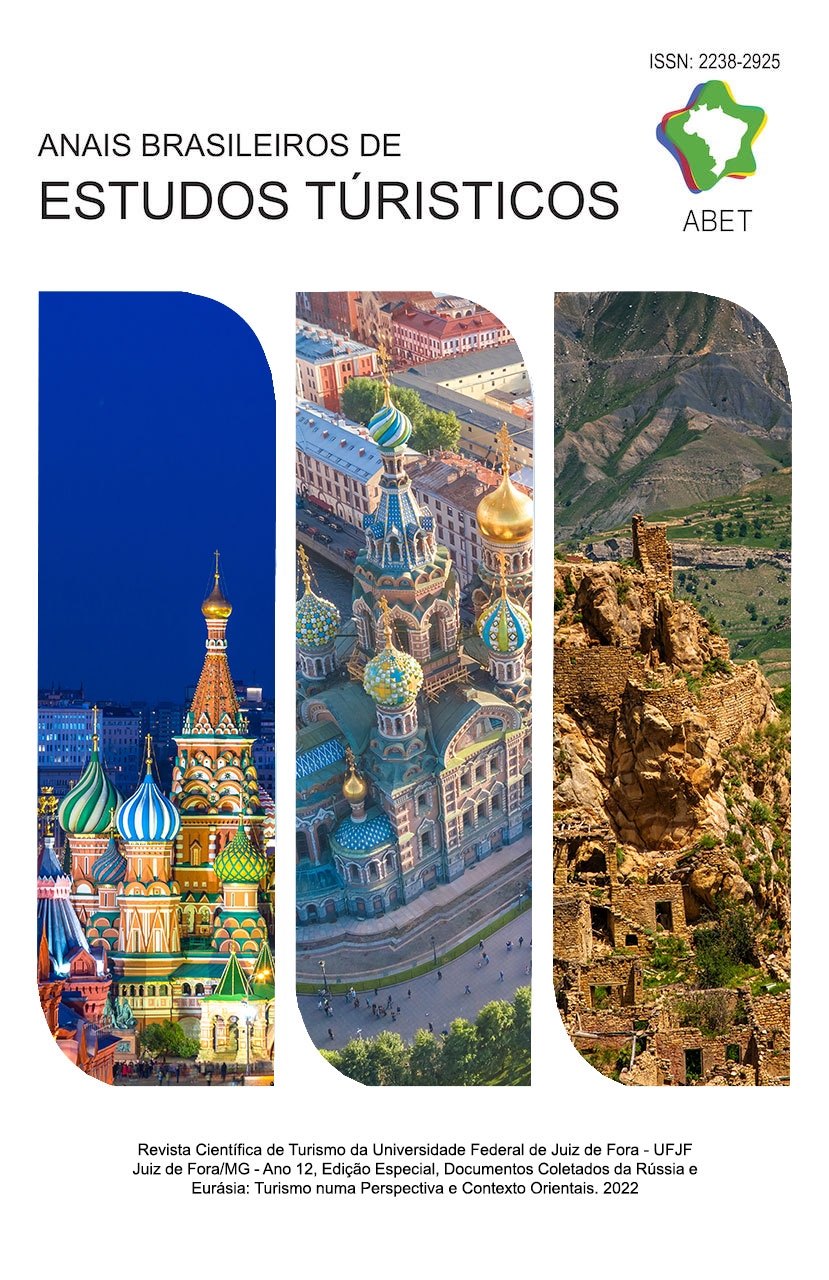Improvement of Foreign Exchange Risk Management in Tourism and Hospitality Industry Enterprises
DOI:
https://doi.org/10.5281/zenodo.7402526Keywords:
Tourism and hospitality industry, Efficiency, Mechanism, Development, ProgramAbstract
The study takes a look at the approaches to the foreign exchange risk management of tourism and hospitality industry enterprises as the expansion of foreign economic activity requires improving the efficiency of managing such risks. Transfer pricing is considered one of the most effective methods for regulating foreign exchange risk. The conceptual principles of foreign exchange risk management are developed with consideration of the place and goals of an enterprise in the tourism and hospitality industry, as well as the features of the internal and external environments, that create the prerequisites for increasing the efficiency of the organizational and economic mechanism. It is concluded that approaches to developing a program to improve the efficiency of managing risks under study determine the optimal combination of organizational and software-integrated aspects that reduce the level of risk to the optimum, given a steady increase in competitiveness and profitability.
Downloads
Downloads
Published
How to Cite
Issue
Section
License
Copyright (c) 2022 Anais Brasileiros de Estudos Turísticos

This work is licensed under a Creative Commons Attribution 4.0 International License.
This journal provides immediate open access to its content, following the principle that providing free scientific knowledge to the public provides greater democratization of world knowledge.
Authors must agree to the following terms relating to copyrights:
(a) Authors keep all copyright and grant the to the journal the right of first publication, with the work simultaneously licensed under the Creative Commons Attribution License that allowing job sharing with recognition of authorship of the work and initial publication in this journal.
(b) Authors are allowed to assume additional contracts separately, for non-exclusive distribution of the version of the work published in this journal (e.g. publish in institutional repository or book chapter), with recognition of authorship and initial publication in this magazine.
(c) Authors are allowed and are encouraged to publish and distribute their work online (e.g. in institutional repositories or on your personal page) since they do not do this before or during the editorial process, as this can generate productive interchange, as well as increase the impact and citation of work aired. (See Effect of Free Access).















